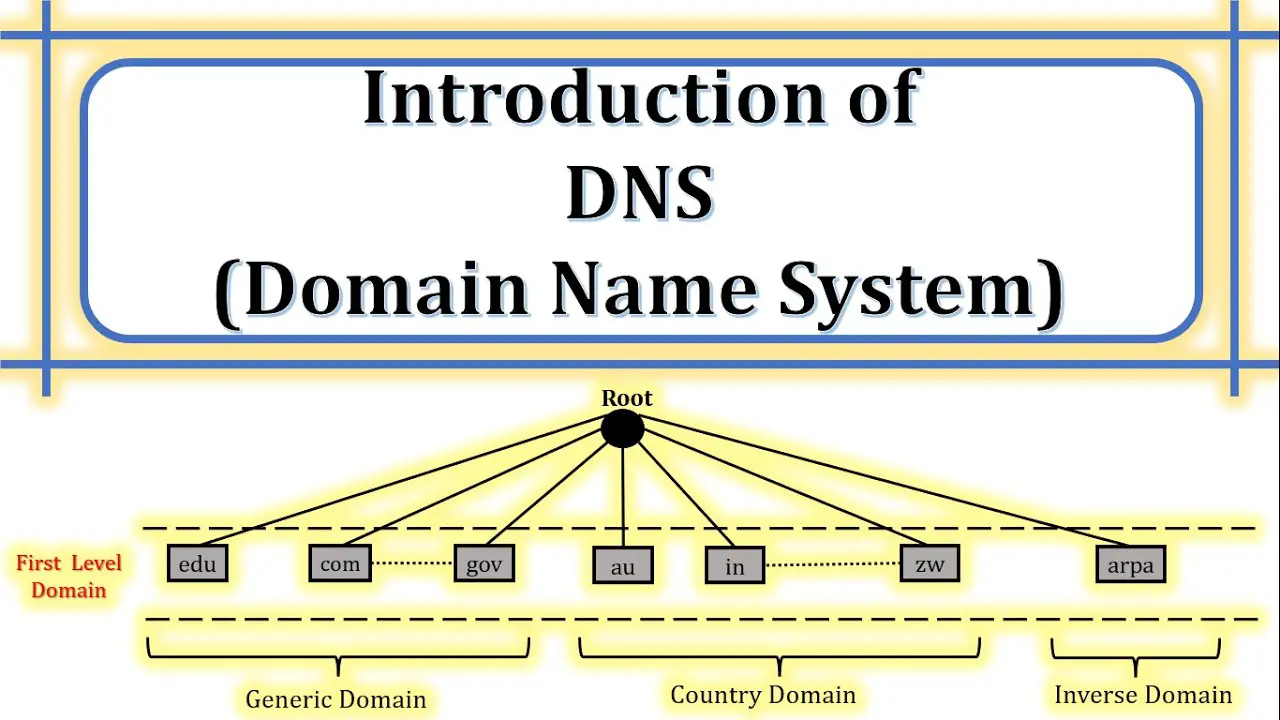Gaming has evolved from a niche hobby into a global phenomenon that permeates nearly every aspect of modern life. Over the past few decades, the gaming industry has experienced unprecedented growth, with advancements in technology and the proliferation of gaming platforms contributing to its expansion. As a result, the impact of gaming on our lives is multifaceted and extends beyond mere entertainment. In this comprehensive analysis, we will delve into the various dimensions of gaming’s influence on society, individuals, and communities, covering topics ranging from its economic significance to its effects on mental health and social interactions.
1. Economic Impact
Gaming has emerged as a significant driver of economic growth on both macro and micro levels. Here’s how:
(a). Industry Growth: The video game industry has become a multibillion-dollar powerhouse. With hardware sales, software development, advertising, and esports, it contributes significantly to the global economy. The industry has also generated millions of jobs worldwide, from game designers and developers to marketers and esports professionals.
(b). Hardware Sales: The release of new gaming consoles and high-end gaming PCs drives substantial hardware sales. Companies like Sony, Microsoft, and NVIDIA benefit from these sales, stimulating innovation and competition in the tech industry.
(c). Software Development: Game development is a thriving sector with studios ranging from independent developers to major corporations like Electronic Arts and Ubisoft. The creation of video games has become a lucrative career path, attracting talented individuals who contribute to both the entertainment and technology sectors.
(d). Streaming and Content Creation: Platforms like Twitch and YouTube have created opportunities for gamers to monetize their skills through streaming and content creation. This has given rise to a new generation of influencers who earn a living by playing and reviewing games.
(e). Esports: Competitive gaming, or esports, has grown into a global phenomenon with professional players, teams, and massive tournaments. Esports generates revenue from sponsorships, advertising, ticket sales, and merchandise, and has become a legitimate career path for gamers.
2. Social Impact
Gaming has profoundly affected how we socialize and interact with others:
(a). Online Multiplayer Communities: Online gaming has created vast communities where players can connect and collaborate with others worldwide. Games like World of Warcraft and Fortnite foster social interactions among players, leading to friendships and even marriages.
(b). Virtual Reality (VR) and Augmented Reality (AR): VR and AR technologies have introduced immersive gaming experiences, allowing players to socialize in virtual spaces. This has the potential to redefine social interaction by enabling people to meet and engage in digital environments.
(c). Communication Skills: Online gaming often requires players to communicate and cooperate with teammates or opponents. This can enhance communication skills, teamwork, and problem-solving abilities.
(d). Online Bullying and Toxicity: However, online gaming is not without its drawbacks. Toxic behavior and online bullying are prevalent issues that can have adverse effects on mental health. Developers and communities are actively working to combat these problems.
(e). Inclusivity: Gaming communities are becoming more inclusive, welcoming players of all backgrounds and identities. This inclusivity promotes diversity and acceptance, challenging stereotypes and prejudices.
3. Psychological Impact
The psychological impact of gaming is a complex and often debated topic:
(a). Cognitive Benefits: Gaming can enhance cognitive skills such as problem-solving, spatial awareness, and hand-eye coordination. Educational games are designed to harness these benefits, making learning enjoyable.
(b). Escapism and Stress Relief: Video games offer a means of escape from the stresses of daily life. Engaging in immersive virtual worlds can provide relief from anxiety and depression for some individuals.
(c). Addiction and Compulsive Gaming: On the flip side, excessive gaming can lead to addiction and compulsive behavior, negatively impacting mental health and daily responsibilities.
(d). Educational Value: Some games have educational value, teaching historical, scientific, or strategic concepts. Games like “Minecraft” have even been integrated into classrooms to promote learning.
(e). Effects on Sleep: Excessive gaming, especially late at night, can disrupt sleep patterns, leading to sleep deprivation and its associated health consequences.
4. Physical Health
Gaming’s impact on physical health is a topic of concern and interest:
(a). Sedentary Lifestyle: Prolonged gaming sessions often involve sitting for extended periods, contributing to a sedentary lifestyle. This can lead to health issues like obesity and cardiovascular problems.
(b). Gaming-related Injuries: Gamers can experience physical injuries, such as carpal tunnel syndrome or “gamer’s thumb,” due to repetitive motions and poor ergonomics. It is crucial to address these concerns through proper equipment and breaks.
(c). Promoting Physical Activity: Some gaming platforms, like the Nintendo Wii and augmented reality games, encourage physical activity and can be used for fitness and rehabilitation.
5. Educational Impact
Gaming has also made inroads into the educational sector:
(a). Gamified Learning: Gamification of education involves using gaming elements like competition and rewards to make learning more engaging and effective. This approach has been adopted in schools and corporate training programs.
(b). Virtual Labs and Simulations: Gaming technologies have enabled the development of virtual labs and simulations, allowing students to conduct experiments and practice skills in a risk-free environment.
(c). Career Opportunities: The gaming industry has created career opportunities in game design, development, and testing, attracting students to pursue degrees in related fields.
6. Cultural Impact
Gaming has influenced our culture in several ways:
(a). Art and Storytelling: Video games have evolved into a form of art, with captivating narratives and visually stunning graphics. Games like “The Last of Us” and “Red Dead Redemption 2” are celebrated for their storytelling prowess.
(b). Music and Soundtracks: Game soundtracks have gained recognition and popularity, with composers like Nobuo Uematsu (Final Fantasy) and Martin O’Donnell (Halo) achieving acclaim for their work.
(c). Cosplay and Fandom: Gaming has inspired a vibrant culture of cosplay, fan art, and fan fiction, allowing enthusiasts to express their creativity and passion for their favorite games.
(d). Gaming Events and Conventions: Gaming conventions like E3 and PAX draw thousands of attendees and provide a platform for industry announcements, cosplay, and community building.
7. Ethical and Social Responsibility
As gaming becomes more influential, there is growing scrutiny of its ethical and social responsibilities:
(a). Inclusivity and Representation: The industry is increasingly called upon to address issues of representation and diversity, both in character design and the workplace.
(b). Loot Boxes and Microtransactions: Controversies surrounding loot boxes and microtransactions have raised concerns about predatory monetization practices and their impact on players, particularly young ones.
(c). Violence and Ethical Dilemmas: Games often include violent or morally challenging scenarios, sparking debates about their influence on real-world behavior and values.
(d). Data Privacy and Security: Online gaming platforms collect extensive user data, leading to concerns about data privacy and security breaches.
8. Technological Advancements
Gaming has driven technological innovations in various fields:
(a). Graphics and Processing Power: Gaming has pushed the limits of hardware capabilities, driving advancements in graphics cards, processors, and display technology.
(b). Virtual Reality and Augmented Reality: The gaming industry has been a driving force behind the development of VR and AR technologies, which have applications beyond gaming.
(c). Cloud Gaming: Cloud gaming services like Google Stadia and NVIDIA GeForce NOW are changing how games are delivered and played, reducing the need for powerful local hardware.
(d). Artificial Intelligence: AI technologies are increasingly used in gaming for more realistic NPCs, adaptive gameplay, and procedural content generation.
9. Environmental Concerns
The gaming industry is not immune to environmental challenges:
(a). Energy Consumption: High-end gaming PCs and consoles consume significant amounts of energy, contributing to carbon emissions. Developers are exploring energy-efficient alternatives.
(b). Electronic Waste: Rapid hardware advancements lead to the disposal of outdated devices, contributing to electronic waste. Recycling and responsible disposal are essential considerations.
10. Future Trends and Possibilities
As we look to the future, several trends and possibilities emerge:
(a). Metaverse: The concept of a metaverse, a collective virtual shared space, is gaining traction. It could redefine how we work, socialize, and play.
(b). Blockchain and NFTs: Blockchain technology and non-fungible tokens (NFTs) are being explored for use in gaming to create unique in-game assets and verifiable ownership.
(c). Mental Health Support: Developers are increasingly aware of the mental health challenges associated with gaming and are working on implementing features to support players’ well-being.
(d). Regulatory Changes: Governments are considering regulations related to gaming, including age restrictions, loot box regulations, and data privacy laws.
Conclusion
In conclusion, gaming’s impact on our lives is profound and multifaceted. It has transformed into an industry that touches upon economics, social interactions, psychology, education, culture, ethics, technology, and more. While gaming offers numerous benefits, it also presents challenges and ethical dilemmas that society must address. As technology continues to advance and the gaming landscape evolves, understanding and managing the impact of gaming will remain a crucial aspect of modern life.
FAQs about Impact of Gaming on Our Lives
Here are some frequently asked questions (FAQs) about the impact of gaming on our lives:
- Is gaming addictive?
- Gaming can be addictive for some individuals, leading to negative consequences in their personal and professional lives. It’s important to practice moderation and self-control when gaming.
- Do video games make people violent?
- The link between video games and real-world violence is a subject of debate among researchers. While some studies suggest a correlation, most experts agree that it’s not a direct cause. Many factors contribute to real-world violence, and gaming is just one of them.
- Can gaming improve cognitive skills?
- Yes, some games can improve cognitive skills such as problem-solving, memory, and spatial awareness. Educational and puzzle games are known for their positive impact on cognitive development.
- What are the social effects of gaming?
- Gaming can have both positive and negative social effects. It can foster social connections when played with friends or in online communities, but excessive gaming can lead to social isolation and strained relationships.
- Do video games affect academic performance?
- Excessive gaming can negatively impact academic performance if it leads to procrastination and reduced study time. However, moderate gaming can have no significant effect or even positive effects if it is enjoyed in moderation.
- Are there health risks associated with gaming?
- Prolonged gaming sessions can lead to health issues such as eye strain, sleep disturbances, and a sedentary lifestyle. It’s important to take breaks, exercise, and maintain a balanced lifestyle.
- Can gaming be a career?
- Yes, professional gaming, also known as esports, has become a viable career for skilled players. Players can earn money through competitions, sponsorships, and streaming their gameplay on platforms like Twitch.
- What are the benefits of gaming for mental health?
- Gaming can provide an escape from real-life stressors, reduce anxiety, and improve mood for some individuals. Certain games also promote mindfulness and relaxation.
- How can parents manage their child’s gaming habits?
- Parents can set limits on screen time, encourage a balance between gaming and other activities, and be involved in their child’s gaming experiences by selecting age-appropriate games and discussing gaming content.
- Are there age restrictions on video games?
- Yes, most countries have age ratings for video games. These ratings help parents and consumers make informed choices about the content suitable for different age groups.
- Do video games promote problem-solving skills?
- Many video games, especially puzzle and strategy games, encourage players to develop problem-solving skills, critical thinking, and creativity.
- Can gaming be used for educational purposes?
- Yes, educational games are designed to teach specific concepts or skills and are used in schools and other educational settings to enhance learning.
- Is excessive gaming a form of addiction?
- Excessive gaming can exhibit characteristics similar to addiction, such as a loss of control and negative consequences. It is sometimes referred to as “gaming addiction” and is recognized as a behavioral addiction by some experts.
- How can one balance gaming and real-life responsibilities?
- Setting boundaries, prioritizing real-life responsibilities, and using gaming as a reward for completing tasks can help individuals strike a healthy balance between gaming and other commitments.
- What are the long-term effects of gaming on mental health?
- The long-term effects of gaming on mental health can vary widely from person to person. It’s important to monitor one’s gaming habits and seek professional help if gaming is negatively affecting mental health.
Remember that the impact of gaming on individuals can differ based on factors like the amount of time spent gaming, the types of games played, and personal characteristics. It’s essential for individuals to be mindful of their gaming habits and make informed choices.







Leave a Reply